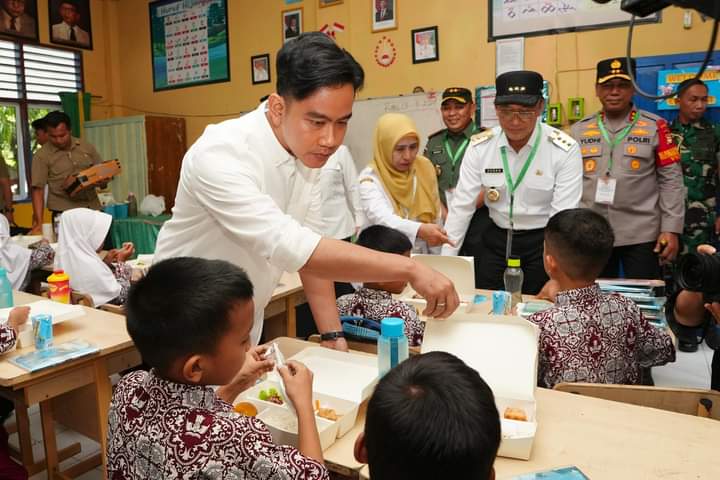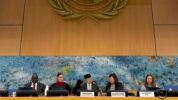Indonesia Faces Hunger Challenges as Free Meal Program Seeks to Improve Public Health
Estimates from the Institute for Development of Economics and Finance (Indef) suggest that the free nutritious meal program could contribute IDR 14.61 trillion to Indonesia’s GDP by 2025. The calculation is based on the government’s budget allocation of IDR 71 trillion for the program, which is expected to benefit nearly 19.5 million people. According to Indef’s Executive Director, Esther Sri Astuti, the program would have a “multiplier effect,” stimulating various sectors of the economy.
Rachmat Pambudy further stressed that the program’s potential extends beyond just improving health and education. With an expected increase in education spending, the free meal initiative could also have a broader impact on economic sectors, enhancing overall economic resilience. “This initiative is not just about providing meals, but about ensuring that our future generations are healthy, productive, and capable of contributing to the economy,” he added.
As the government continues to push for the implementation of the free nutritious meals program, attention is now on how it will affect the broader economic landscape. Supporters argue that investing in the health and well-being of citizens is essential for achieving long-term growth, while critics warn of the financial strain it may place on the national budget. However, with careful planning, the initiative could play a crucial role in Indonesia’s path toward a more sustainable and equitable future.(Uki Ruknuddin)



























Tinggalkan Balasan